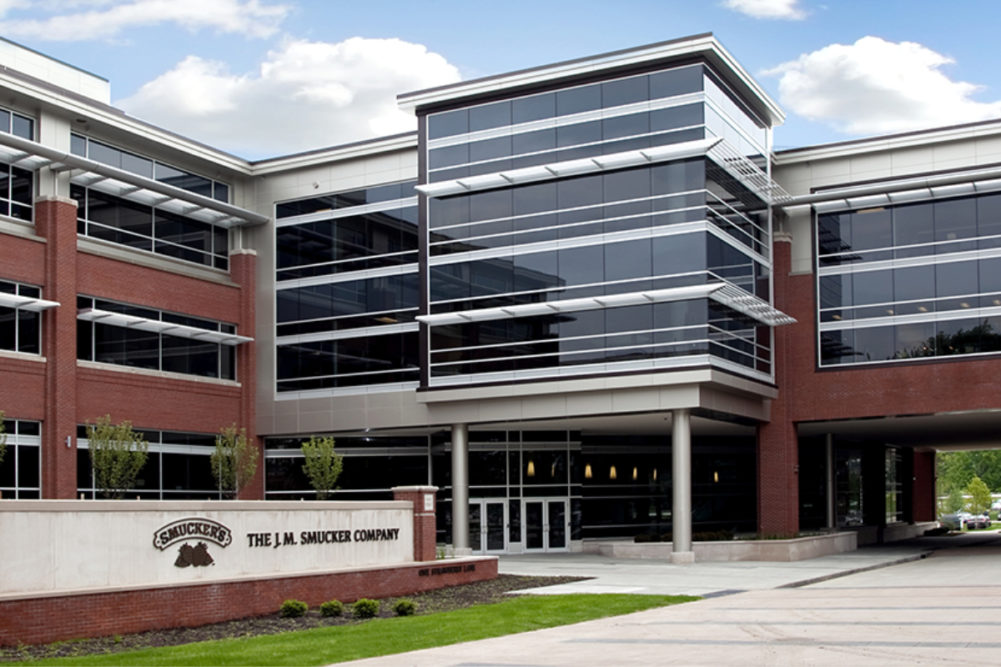LONDON – While noting that when supply chain costs will peak is the “$64 million question,” Tucker H. Marshall, chief financial officer of the J.M. Smucker Co., indicated it may be close. He said a string of events have pushed costs higher, but that rising prices and easing demand may bring costs down.
“When we came into the initial part of this calendar year, we saw a lot of labor disruption associated with the omicron variant,” Mr. Marshall said during a May 17 presentation at the Goldman Sachs Global Consumer Conference. “I think we’ve begun to see some stabilization across labor, which has benefited the supply chains.”
Adding to the pressure has been the war in Ukraine, which has pushed some commodity prices higher, COVID-19 lockdowns in several port cities in China that has disrupted the movement of some goods and materials, and inflation overall.
“I do think we’re reaching a peak, but I don’t know if we’ve gotten to the tippy-top of that peak, so to speak,” Mr. Marshall said. “And that question will be ultimately how quickly it comes down? Our desire would be more of a gradual decline down versus a crash, but we’ve got to slow some demand down so the supply chain stabilizes.”
Mark T. Smucker, president and chief executive officer, said one of the challenges the company faces is the unpredictability of the disruptions.
“On a given week or month, it could shift to different things,” he said. “We’ve seen some packaging constraints at times. We've worked through those. For the most part, we’ve seen some labor challenges earlier this calendar year. Transparently, we’ve worked through those and gotten back to a more normal staffing rate. It’s varied — at any given moment, there might be different constraints.”
J.M. Smucker issued its fiscal 2022 third-quarter results in early March.
Net income for the period ended Jan. 31 fell 73% to $69.7 million, equal to 64¢ on the common stock, down sharply from $261.5 million, or $2.32 per share, in the same period a year ago.
Quarterly sales eased to $2.057 billion from $2.077 billion.
Contributing to the results were supply chain disruptions in US Retail Pet Foods, the company’s largest business unit.
“Our pet food business continues to be impacted by supply chain disruptions, primarily for wet pet food and packaging,” Mr. Smucker said in early March. “We are strategically allocating supply and production to our most profitable items, notably for our leading Meow Mix cat food brand. While we continue to take actions to mitigate supply constraints, we expect these isolated supply challenges to persist in the near term.”




